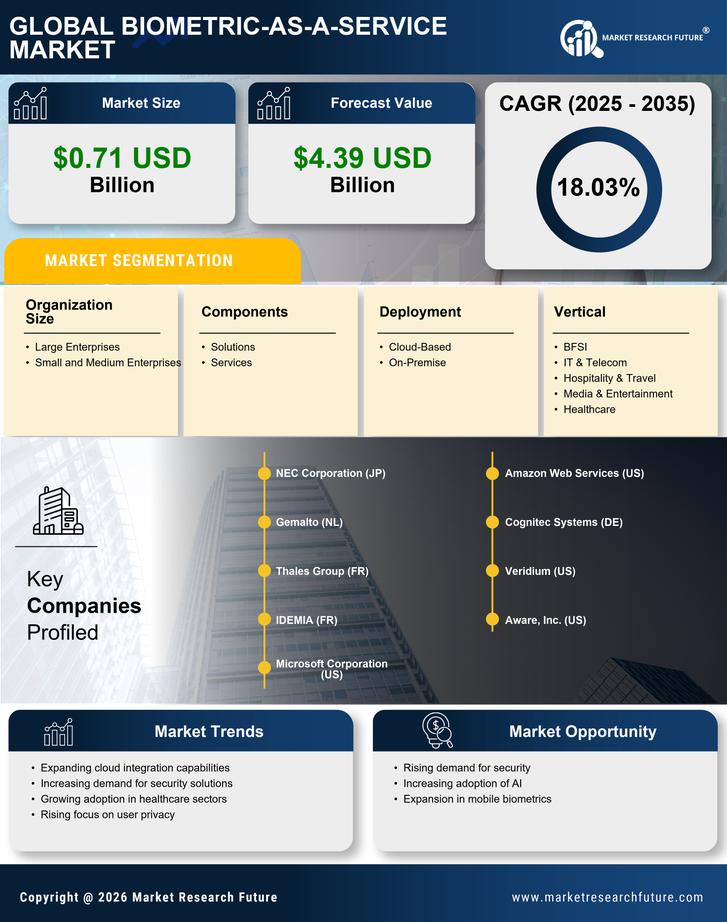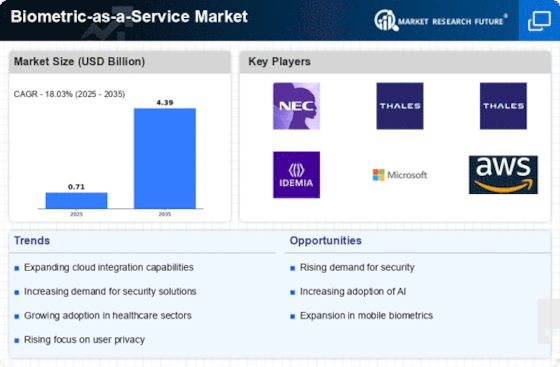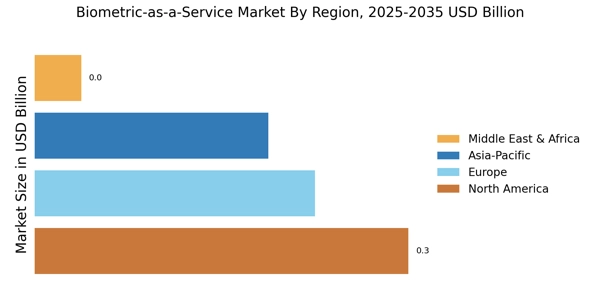Research Methodology on Biometric as a Service Market
The research methodology applied in this research report is a combination of primary and secondary research. The research is conducted using both online sources and primary sources.
1. Primary Sources:
- Surveys: Primary research surveys such as online forms, telephone surveys and interviews were used to collect data from targeted end users, key opinion leaders, industry experts, and industry leaders.
- Experiments: Experiments were conducted to determine the effectiveness of the proposed concepts and to gain insight into the market conditions.
- Interviews: Interviews were conducted with a sample of key industry experts and stakeholders to gain an in-depth understanding of the market and its trends.
- Focus Groups: Focus groups were used to identify and collate valuable insights from industry experts and stakeholders to understand market trends and dynamics.
2. Secondary Sources:
- Literature Search: A comprehensive literature research was conducted to assess the existing knowledge in the area of the Biometric as a Service (BaaS) market.
- Journals and Reports: A systematic analysis of widely known and widely cited industry journals, articles, annual reports, press releases, newsletters, and websites such as MarketResearchFuture.com, Google, and other search engines, was carried out.
- Government Documents: To gain critical, up-to-date market and industry data, this research project includes a review of information published by respective government agencies, such as statistics and data, laws, government policies and regulations, among others.
- Research from Professional Associations: Relevant data and insights from respective associations were incorporated into this report.
- Interviews: Interviews were conducted with a sample of key industry experts, including C-level executives, IT managers, and industry analysts.
In addition to the research methodology outlined above, a detailed discussion of the data approach and analysis techniques used in the development of this research report is also included. The data approach and analysis techniques include an in-depth analysis of the target segment, a detailed analysis of the market landscape, and the investigation of key industry trends and developments. The use of big data analytics and the combining of data sets was also applied throughout the development of the report.
All the data gathered and analyzed in this study is reported in detail and categorized by market segment, application, and geography. The market estimates and forecasts were constructed using the data obtained from extrapolation. Forecasts have also taken into account the potential impact of the latest technological advancements and developments in the market.
In addition to the analysis of the market’s size using market intelligence gathered through primary research, this research report has also made use of SWOT analysis. This technique is used to investigate the strengths, weaknesses, opportunities, and threats of the market’s stakeholders. The research report further used Porter’s Five Forces Model to analyze the competitive environment of the market. The findings from both the SWOT and Porter’s Five Forces Analysis were collected, analyzed, and presented in detail.
To assess the overall impact and influence of the market, the cumulative effect of the product offerings, pricing strategies, and the overall market sentiment among stakeholders was considered. All the figures and data discussed throughout this research report were compared and validated with the data gathered through primary research. The data obtained through primary research was checked, verified, and validated against the data gathered through secondary research. Finally, a consistency check on the data and figures provided throughout the report was also conducted.


















